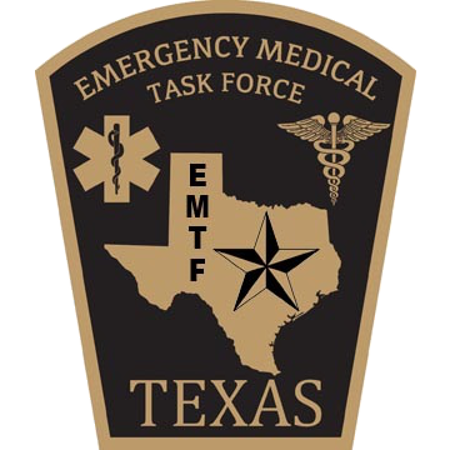Our Committees
Initiatives We Support
Systems and Apps
Our Committees
The Southwest Texas Regional Advisory Council (STRAC) is designated by the Texas Department of State Health Services (DSHS) to develop, implement and maintain the regional trauma and emergency healthcare system for the 22 counties in Trauma Service Area – P (TSA-P).



